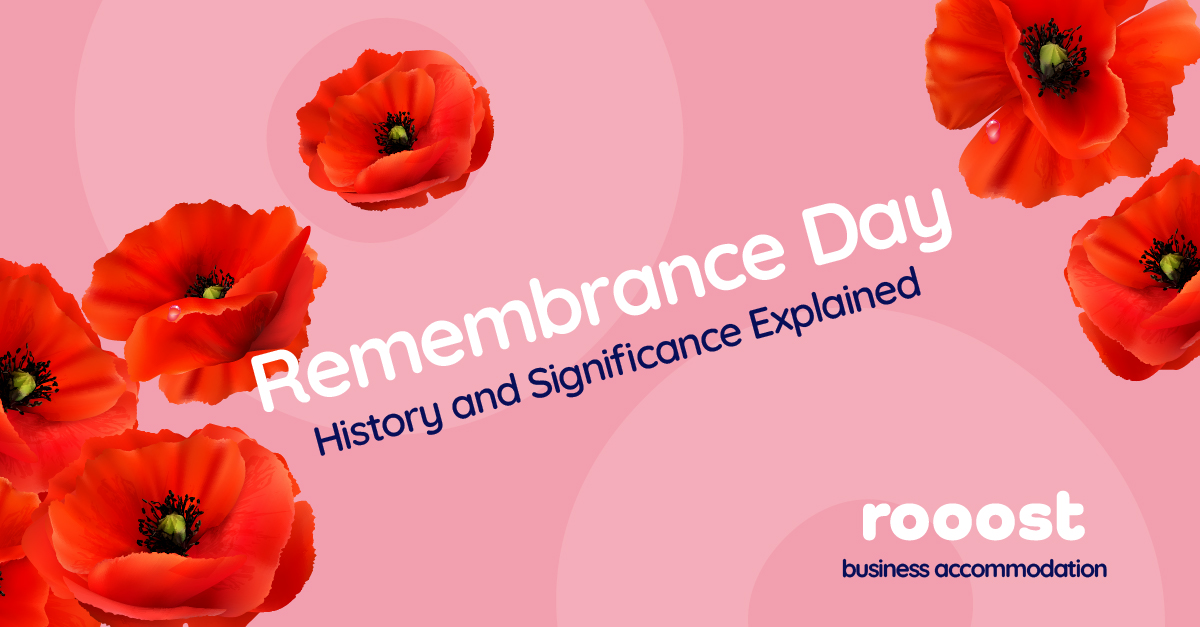Rememberance Day – History And Significance Explained

Remembrance Day, also known as Poppy Day, Armistice Day, or Veterans Day in some countries, is observed on November 11th each year to honor and remember the members of the armed forces who lost their lives in the line of duty during World War I and subsequent conflicts. Here's a brief history and significance of Remembrance Day:
History:
- Origin: Remembrance Day originated as a way to mark the end of World War I, the "war to end all wars," which officially concluded with the signing of the Armistice agreement on the 11th hour of the 11th day of the 11th month in 1918. This marked a ceasefire and the end of hostilities on the Western Front.
- First Observance: King George V inaugurated the first Remembrance Day in 1919 to remember the members of the British and Commonwealth armed forces who died in the Great War.
- Expansion: After World War II and subsequent conflicts, the observance was expanded to honor all military personnel who died in service to their countries.
Significance:
- Honoring Sacrifice: Remembrance Day is a solemn occasion to pay tribute to the soldiers, sailors, airmen, and women who made the ultimate sacrifice to protect their nations and uphold peace.
- Reflecting on History: It serves as a reminder of the devastating impact of wars and conflicts and the importance of working towards global peace and diplomacy.
- Poppy Symbolism: The red poppy flower has become an iconic symbol of Remembrance Day. It was inspired by the famous war poem "In Flanders Fields" by John McCrae. The vibrant red poppy serves as a poignant reminder of the bloodshed and sacrifice on the battlefield.
- Moment of Silence: At the 11th hour on November 11th, a two-minute silence is observed to pay respects to the fallen. This moment of silence is a powerful tradition and a chance for people to pause, reflect, and remember.
- National Observance: In various countries, Remembrance Day is a national holiday, and ceremonies are held at war memorials, cenotaphs, and military cemeteries. Veterans, active-duty military, and civilians gather to show their appreciation and respect.
- Education: Schools and institutions often use this day as an educational opportunity to teach younger generations about the history and significance of Remembrance Day and to promote the values of peace and understanding.
Overall, Remembrance Day is a solemn occasion to reflect on the sacrifices of those who served in the armed forces and to ensure that their memory lives on in the hearts and minds of future generations. It serves as a powerful reminder of the human cost of conflict and the ongoing importance of striving for a more peaceful world.

 share
share